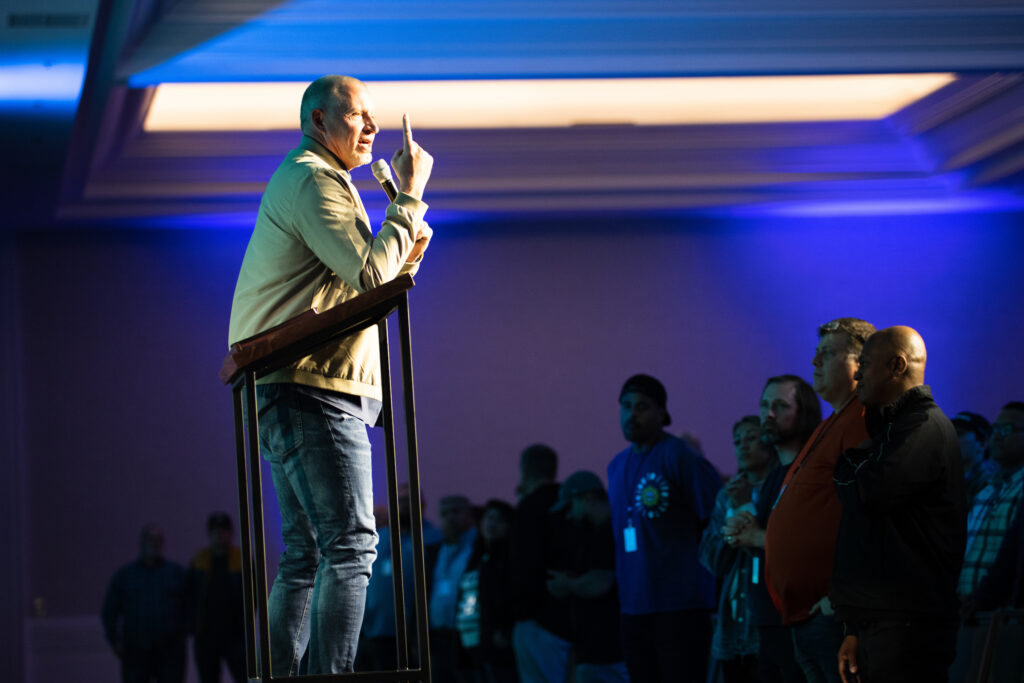
El Retrato de un Plantador de Iglesias Saludable

To find out what America likes, just visit Columbus, Ohio. This city is closer to overall U.S. demographics on race and income than most urban areas in the United States, which makes it the ideal test market for consumer products. In fact, it’s been said that this quintessential Midwestern city may be the biggest city you rarely think of. Perhaps surprisingly, it is the most populous city in Ohio and the 15th most populous in the country.
It’s also a college town and home of the second largest university campus enrollment in the United States. The Ohio State Buckeyes rule the city on Saturdays in the fall. But the city has more to offer, including five Fortune 500 companies and headquarters for national fast food chains. Two major interstate highways (I-70 and I-71) intersect here, helping illustrate the fact that the city’s influence can be felt far beyond central Ohio.
And God has been at work in Columbus in recent years. The number of Southern Baptist churches grew by more than 60 percent from 2005 to 2012. New churches are engaging sections of the city that had not been reached. Yet work remains.
Despite its image as a quintessentially Midwestern city, the home of the Buckeyes is also in need of the gospel. Only 12.1 percent of the population is affiliated with an evangelical church. There is also only one Southern Baptist church for every 15,555 people.
Opportunities abound in Columbus for Southern Baptists who want to work together to reach communities with the hope of Jesus Christ. No matter what demographic you feel most equipped to reach, you will likely find it in Columbus: rich, poor, middle-class; young, old and in-between. The vibrant, college-town status makes it an ideal location from which to reach the world.
From planting a church to partnering with those already on mission in Columbus, you and your church can make a difference; connect with us to learn how.
Discover free tools and resources—blogs, podcasts, e-books and more—that will help you and your church effectively plant churches in your community.